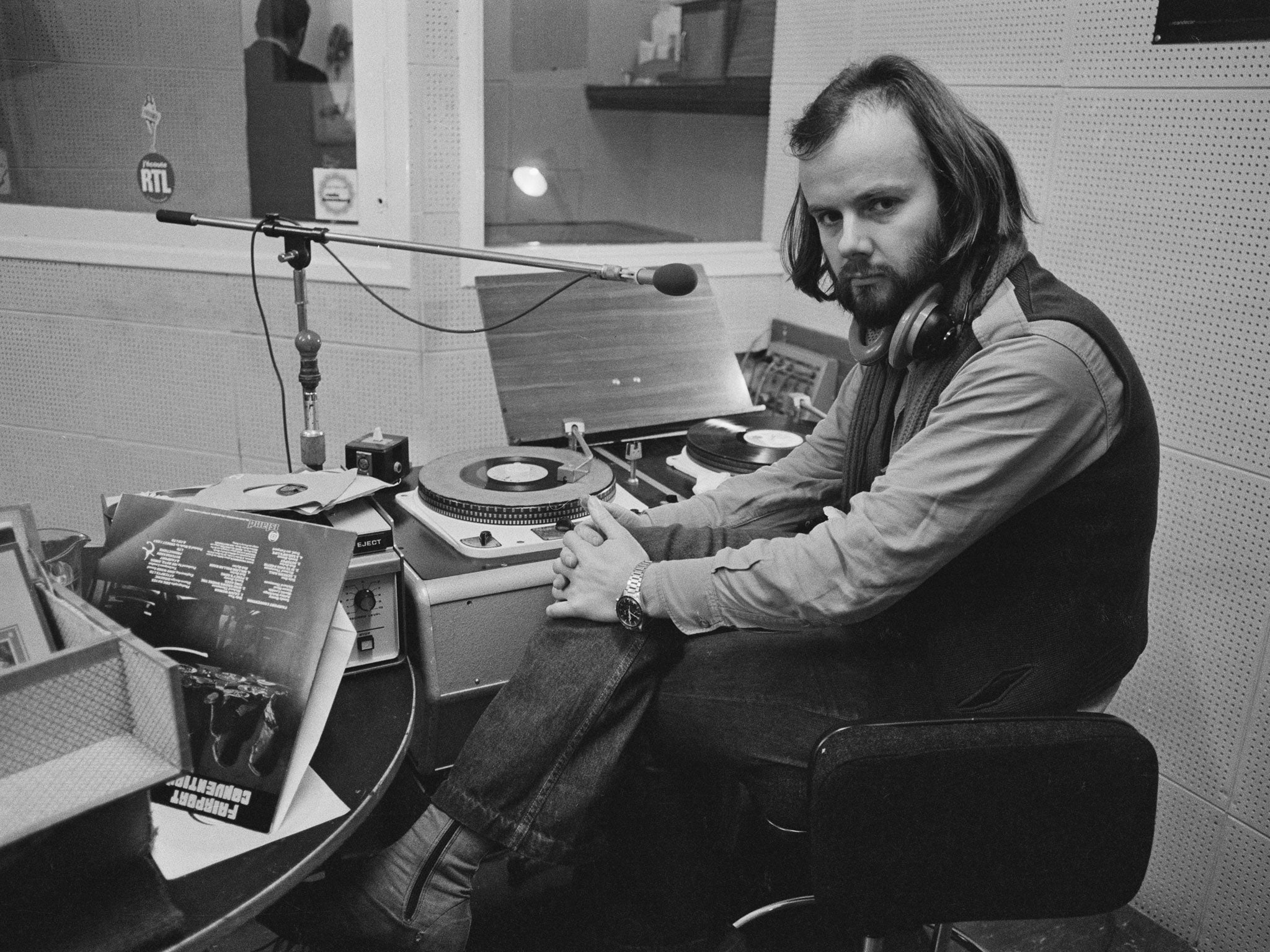I was a John Peel defender despite the allegations – until I realised I was whitewashing women’s stories
After years of being in awe of the DJ, revisiting critics that I’d previously dismissed as killjoys forced me to choose between nostalgia for the past and solidarity with legitimate voices


One winter’s night in 2003 I was marooned at a family friend’s house party alongside similarly awkward teenagers and their parents. Fireworks sparkled in the sky as someone’s dad pointed over to say: “Those are John Peel’s, you know. He does this every year.”
“Yes,” I said, “but he probably knows it’s an important day,” and I jokingly held up a birthday card from my parents. Inside it read, “Happy sweet 16, darling.”
I had just turned one year older than Peel’s first wife.
Too often, critics of #MeToo imply that women are relishing “gotcha” moments when in reality it’s just one heartbreak after another. Peel is another predictable disappointment for women like me who grew up with one foot in the 20th century.
At 16, I didn’t want to know about Peel’s history with underage girls, but it was something he openly discussed in 1989, noting that “girls used to queue up outside [...] I remember one of my regular customers, as it were, turned out to be 13, though she looked older.” Early in his career, Peel married 15-year-old Shirley Anne Milburn, later claiming her parents had lied about her age.
In 2012, Jane Nevin came forward to claim she had a three-month relationship with Peel when he was 30 and she was 15. It ended with a “traumatic” abortion and Nevin says that Peel “must have known that I was still at school. But he didn’t ask, and I didn’t tell him”.
Despite these revelations, the broadcaster remains something of a revered saint, with many celebrating what would have been his 80th birthday last month.
I can appreciate the sentimentality. For me, he was one of many balding, bearded men I canonised as a child because he bore a passing resemblance to my late father – a man who, unlike Peel, bought his music from petrol stations along the A12.
I grew up with an older Peel – the voice of Home Truths, wearing his dad-shorts to Glastonbury. An ageing hippy who made new music a little less intimidating, especially to a kid whose first album was The Best of Enya.
Any stories that didn’t gel with this cosy image were pushed to the back of my teenage mind. The same place where I would try to shelve any allegations against David Bowie or Iggy Pop’s ode to “dating” a 13-year-old. I wasn’t ready to let go of my musical father figures or figure out where I stood in a scene that wouldn’t exist without teenage girls, but still managed to leave them behind as collateral damage.
Like many Peel fans, I stopped sticking my head in the sand when a flood of allegations about Radio 1 DJs emerged in the wake of Operation Yewtree. By this time, I was in my 20s and the drip-drip exhaustion of everyday sexism had taken its toll on my patience. Revisiting the critics of Peel that I’d previously dismissed as killjoys made me realise that solidarity with other women was more important than clinging to the past.
When I discussed Peel’s history online, it was news to younger followers, while some older men told me to shut up. Their belligerence echoes numerous blog posts defending Peel on the proviso that things were different back then. Something that my mother, a veteran of the 1970s, always responds to with “yes, it was. It was shit”. I struggle to disagree when I look at Peel dressed as a schoolgirl in 1973. It could almost be funny if you’ve never had men catcalling your school uniform.

The upside of sharing my heartbreak was how many women messaged me to say they’d wrestled with similar feelings whilst growing up with Peel. As they shared their memories it occurred to me that this is exactly what I was missing as a teenager: a place to hear women sharing their side of music history.
Many of the fans I spoke with were left wondering what to do with our memories of “keeping it Peel”. Do we “cancel” him and chide ourselves for having any good memories?
In a recent edition of Nick Cave’s newsletter, he discusses what to do when an “unhappy shadow” falls on pop culture. He reminds himself that “[when a song] weaves itself into the fabric of my life, I become its steward, understanding it better than anybody else ever could.”
I’m always going to fondly remember looking up at Peel’s fireworks as an awestruck teenager. The same one who howled when his death was announced the next year.
But those moments were never really about him: a stranger who I rarely think about these days. They were growing pains. Ones that, long after I grew up, remind me that we don’t need to hold on to our heroes. Just our sense of wonder.
*a previous version of this article said that Shirley Anne Milburn was 16-years-old when she married John Peel, it has now been corrected to 15-years-old
Join our commenting forum
Join thought-provoking conversations, follow other Independent readers and see their replies
Comments
Bookmark popover
Removed from bookmarks